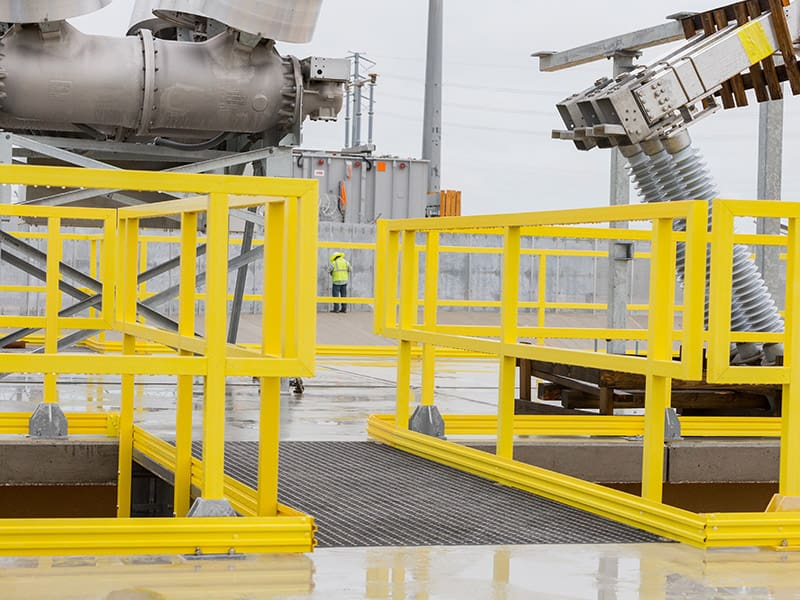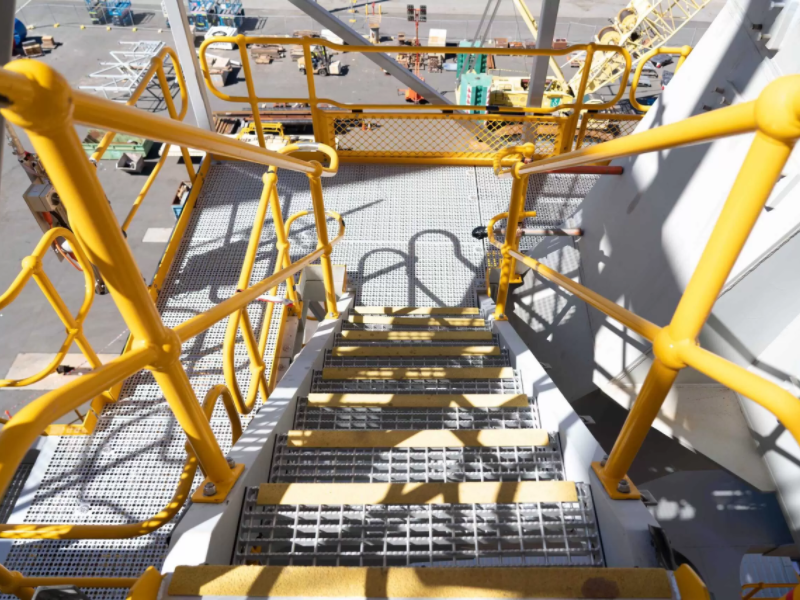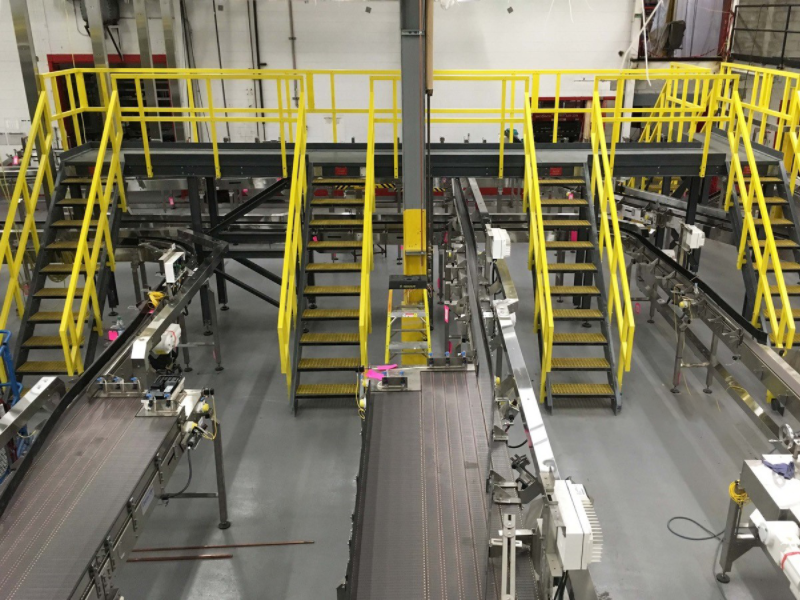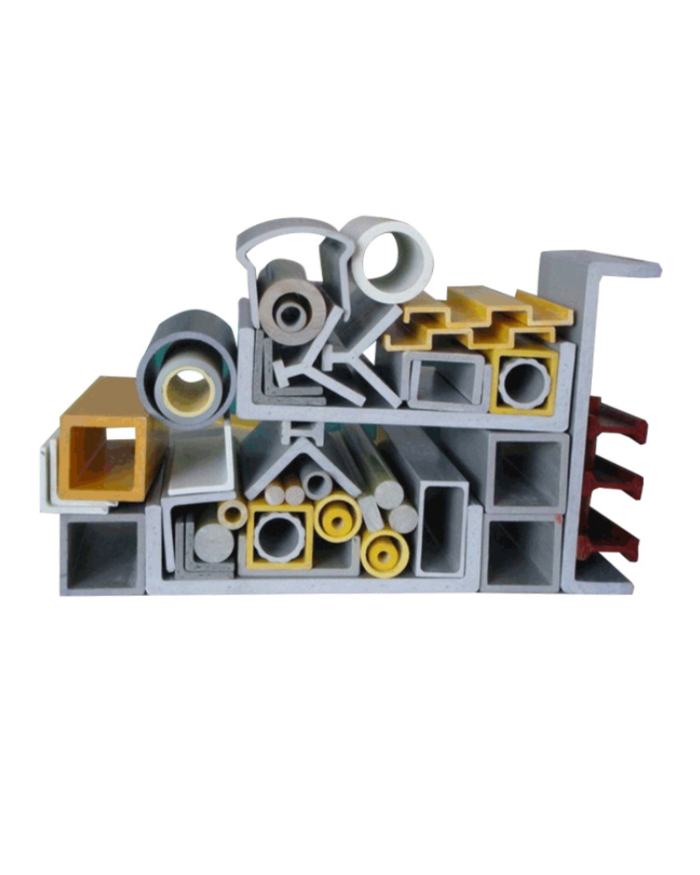
Definition and Overview
FRP (glass fiber reinforced plastic): Full name: glass fiber reinforced plastic. It is a composite material made of glass fiber as a reinforcing material and synthetic resin (such as unsaturated polyester, vinyl ester, epoxy resin) as a matrix through a specific process.
• Pultruded profile: refers to a continuous profile with a constant cross-sectional shape produced by the pultrusion molding process.
• FRP pultruded profile: Therefore, FRP pultruded profile is a glass fiber reinforced plastic profile produced by pultrusion. It combines the high strength of glass fiber and the corrosion resistance and insulation of resin, and realizes continuous and efficient production through the pultrusion process. It has excellent comprehensive performance and broad application prospects.
Core Materials
Reinforcement materials: Mainly alkali-free glass fibers, including resins, yarns, etc. Provide strength and stiffness of the grating. The direction and distribution of the fibers are critical to performance.
Matrix materials: Unsaturated polyester resin is the most commonly used. Depending on the application requirements, vinyl ester resin (stronger corrosion resistance), epoxy resin (better mechanical properties) or modified resin (such as flame retardant resin, weathering resin, etc.) can also be selected. The resin binds the fibers into a whole and imparts corrosion resistance, weathering resistance and other properties.
Fillers/Additives: Mineral fillers (to reduce costs and improve processability), color pastes (to provide color), flame retardants, UV stabilizers, etc. may be added to meet specific performance requirements.
Manufacturing process - Pultrusion
The core value of FRP pultruded profiles lies in their excellent comprehensive performance:
High strength and light weight:
◦ The specific strength (strength/density) is very high, close to or even higher than ordinary steel, and much higher than aluminum alloy.
◦ The density is only about 1/4 of steel and about 2/3 of aluminum. Significantly reduce the dead weight of the structure, facilitate transportation and installation, and reduce the foundation load.
• Excellent corrosion resistance:
◦ It has strong resistance to acids, alkalis, salts, seawater, organic solvents, humid environments, etc. This is one of its biggest advantages over metal materials (especially steel). It is particularly suitable for corrosive environments, has a long service life, and has extremely low maintenance costs.
• Excellent electrical insulation:
◦ It is non-conductive and non-magnetic. It is an ideal insulating material for the power, electrical, and communications industries (such as ladder racks, cable trays, insulating crossarms, antenna covers, etc.).
• Good weather resistance:
◦ By selecting suitable resins (such as vinyl esters) and additives, it can effectively resist the influence of aging factors such as ultraviolet rays, oxidation, and temperature changes.
• Low thermal conductivity:
◦ Low thermal expansion coefficient, much lower than metal. Suitable for scenarios that require insulation or avoid cold bridges.
• Strong design flexibility:
◦ The cross-sectional shape can be customized according to needs (I-beams, angle steels, channel steels, square tubes, round tubes, grille support bars, special profiles, etc.).
◦ Color can be achieved by adding color paste or surface coating.
• Easy installation and maintenance:
◦ Lightweight, easy to cut, drill, and assemble (commonly bolted or bonded).
◦ Basically maintenance-free (especially the advantages brought by corrosion resistance).
• Good wave transmission:
◦ Good permeability to electromagnetic waves (such as radar waves), suitable for radomes, antennas and other fields.
• Flame retardant (optional):
◦ By selecting flame retardant resins or adding flame retardants, different levels of flame retardant requirements can be achieved (such as UL94 V-0, oxygen index OI >26, >32, etc.).
Main Features And Advantages
The core value of FRP pultruded profiles lies in their excellent comprehensive performance:
High strength and light weight:
◦ The specific strength (strength/density) is very high, close to or even higher than ordinary steel, and much higher than aluminum alloy.
◦ The density is only about 1/4 of steel and about 2/3 of aluminum. Significantly reduce the dead weight of the structure, facilitate transportation and installation, and reduce the foundation load.
• Excellent corrosion resistance:
◦ It has strong resistance to acids, alkalis, salts, seawater, organic solvents, humid environments, etc. This is one of its biggest advantages over metal materials (especially steel). It is particularly suitable for corrosive environments, has a long service life, and has extremely low maintenance costs.
• Excellent electrical insulation:
◦ It is non-conductive and non-magnetic. It is an ideal insulating material for the power, electrical, and communications industries (such as ladder racks, cable trays, insulating crossarms, antenna covers, etc.).
• Good weather resistance:
◦ By selecting suitable resins (such as vinyl esters) and additives, it can effectively resist the influence of aging factors such as ultraviolet rays, oxidation, and temperature changes.
• Low thermal conductivity:
◦ Low thermal expansion coefficient, much lower than metal. Suitable for scenarios that require insulation or avoid cold bridges.
• Strong design flexibility:
◦ The cross-sectional shape can be customized according to needs (I-beams, angle steels, channel steels, square tubes, round tubes, grille support bars, special profiles, etc.).
◦ Color can be achieved by adding color paste or surface coating.
• Easy installation and maintenance:
◦ Lightweight, easy to cut, drill, and assemble (commonly bolted or bonded).
◦ Basically maintenance-free (especially the advantages brought by corrosion resistance).
• Good wave transmission:
◦ Good permeability to electromagnetic waves (such as radar waves), suitable for radomes, antennas and other fields.
• Flame retardant (optional):
◦ By selecting flame retardant resins or adding flame retardants, different levels of flame retardant requirements can be achieved (such as UL94 V-0, oxygen index OI >26, >32, etc.).
Application Fields (extremely wide)
Main application areas (based on its performance advantages)
GRP pultruded profiles are widely used in the following fields due to their unique properties:
• Electrical and communications:
◦ Cable trays, ladder racks, brackets
◦ Insulated crossarms (instead of wood or cement), transmission tower components, lightning rod support poles
◦ Optical fiber cable cores, optical cable reinforcement cores, antenna brackets, antenna covers, electrical insulation operating rods
• Chemical and anti-corrosion:
◦ Platform walkway grille support strips, handrails, ladders
◦ Equipment brackets, structural supports
◦ Pipeline supports, cable protection tubes
◦ Cooling tower structures, washing tower filler supports
• Construction and infrastructure:
◦ Corrosion-resistant door and window profiles, curtain wall support structures
◦ Roof purlins, greenhouse frames
◦ Bridge sidewalk slabs, guardrails
◦ Offshore platform structures, dock fenders, piers
• Transportation:
◦ Car/train/truck body structures, luggage racks, internal supports
◦ Refrigerated compartment panel keels
◦ Ship decks, bulkheads, handrails, ladders
• Industrial equipment and tools:
◦ Equipment housings, frames, protective covers
◦ Ladders, work platforms, guardrails
◦ Non-magnetic tools (such as tools for repairing MRI equipment)
◦ Solar panel brackets, internal supports for wind turbine blades
• Sports and leisure:
◦ Tent poles, fishing rods (high-level), flagpoles, fences, springboard supports
Precautions For Purchase And Use
Clear requirements: Determine the use environment (corrosive media, temperature, humidity), load requirements (uniformly distributed load, concentrated load), mesh size, thickness, surface treatment (anti-slip requirements), color, flame retardant grade, electrical performance requirements, etc.
Resin type: Select according to the corrosive environment (polyester, vinyl ester).
Thickness: directly affects the load-bearing capacity.
Grid size: affects the through-hole rate and the requirements for falling object protection.
Load-bearing bar height/section: determines the main load-bearing capacity (commonly used 25mm, 38mm, 50mm high).
Barcol hardness: reflects the degree of curing and surface wear resistance.
Correct installation: Use matching FRP or metal (need to be isolated) fasteners (clips, U-shaped nails, bolts, etc.), ensure that the support spacing meets the design requirements, and pay attention to protection (dust) when cutting.
Maintenance: Although maintenance-free, regular cleaning (clean water or mild detergent) helps maintain appearance and service life. Avoid long-term heavy impact or extreme high temperature (exceeding the thermal deformation temperature of the resin).
FRP molded grating has demonstrated strong competitiveness and irreplaceability in many industrial, municipal and commercial fields due to its unique composite material properties (corrosion resistance, light weight and high strength) and advanced compression molding process (precise size, excellent performance, flexible design). It solves the pain points of traditional materials in terms of corrosion, insulation, lightweight, safety and anti-slip, and maintenance costs. It is an efficient, safe, durable and economical long-life solution. With the continuous advancement of material technology and processes, its application prospects will be broader.
Resin Type
Types of FRP pultruded profiles

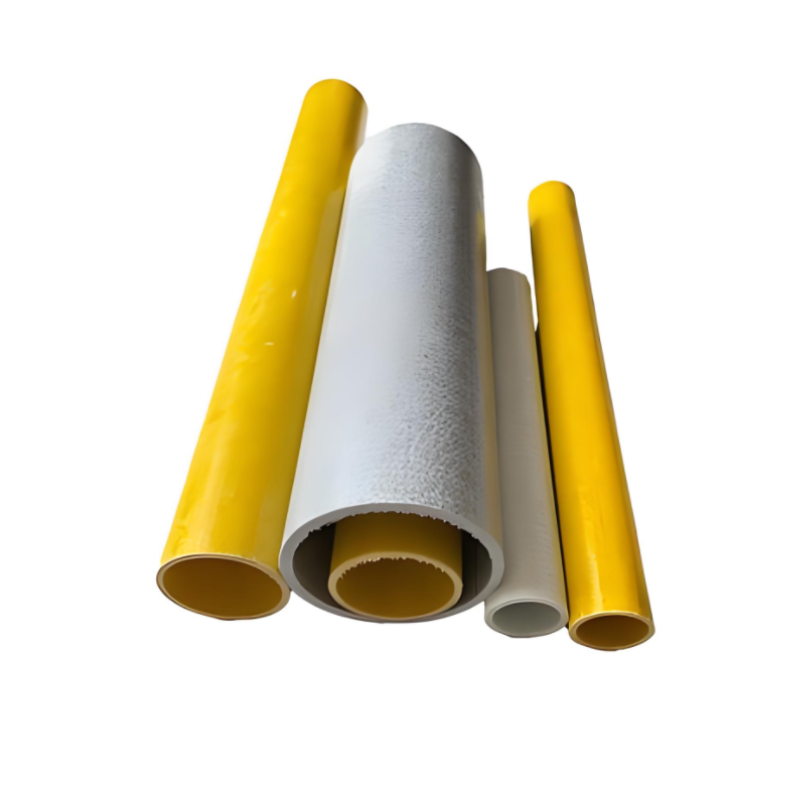


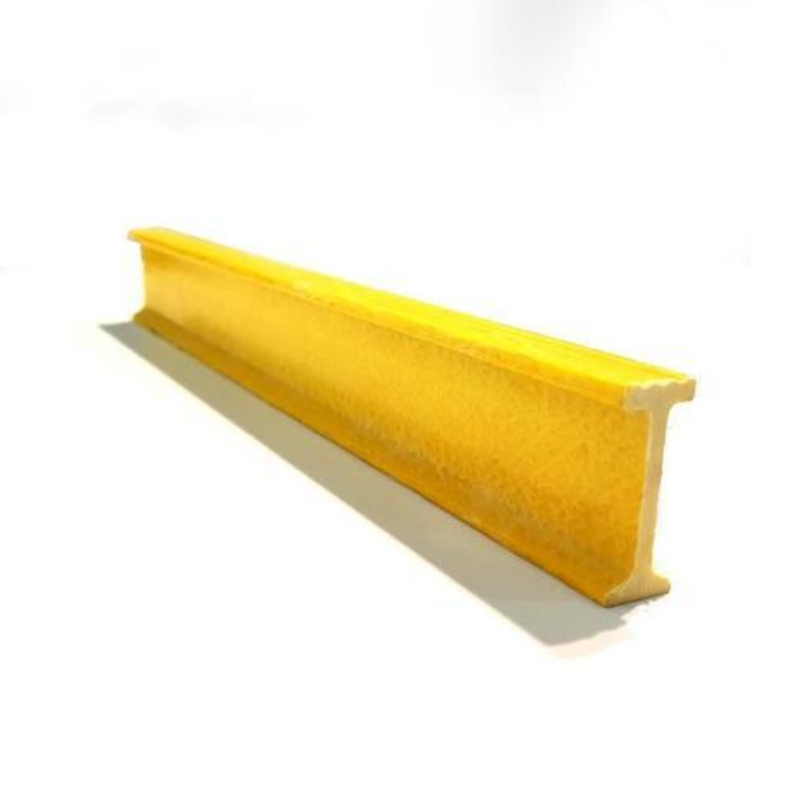
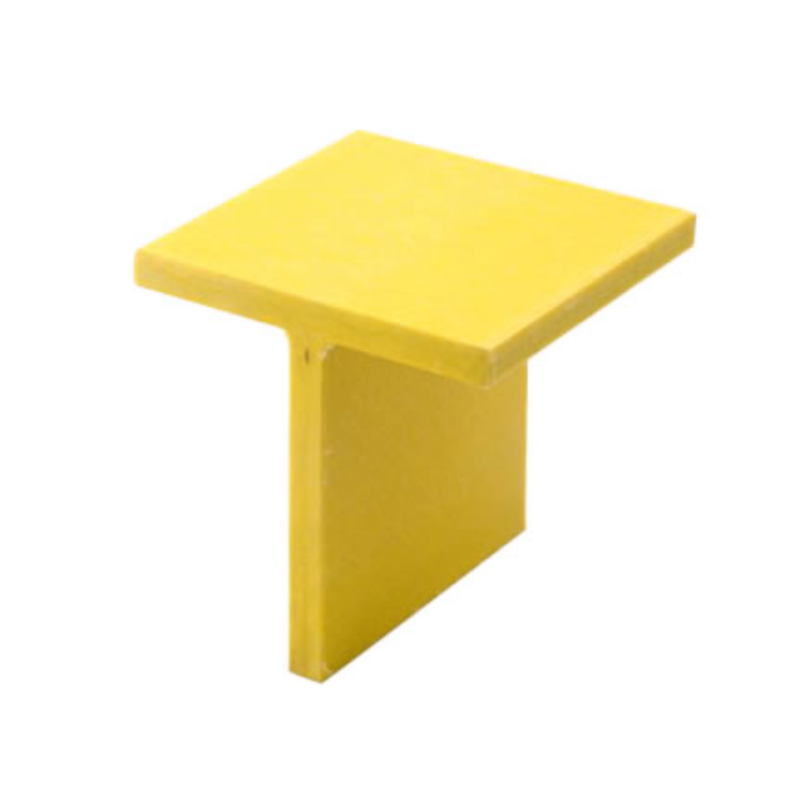
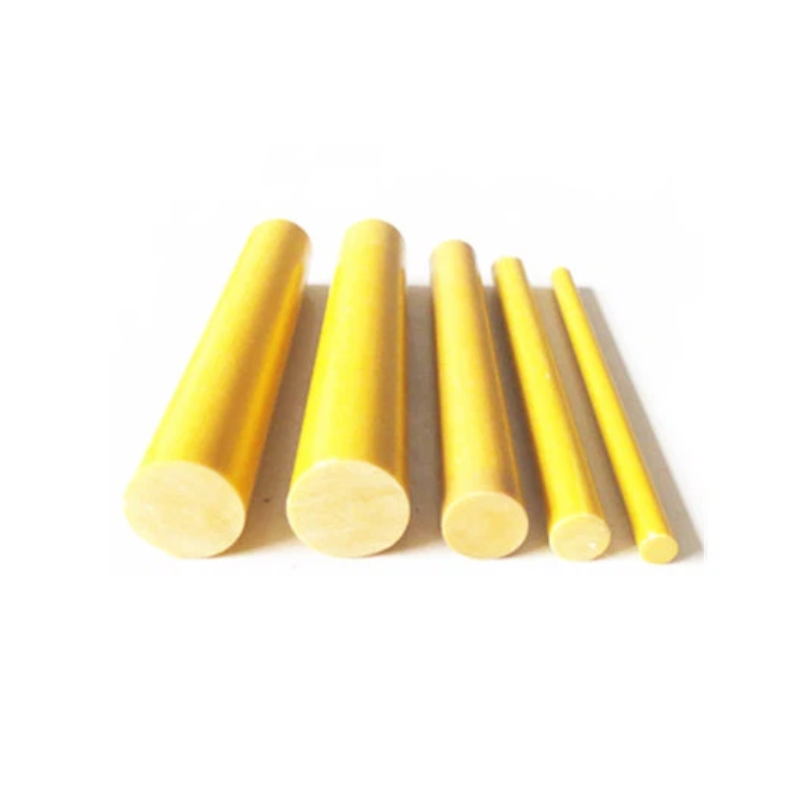

Volunteer
Product Benefits

A: FRP grating is a grid-like plate made of glass fiber as reinforcement material and unsaturated polyester resin as matrix through special process. It has the characteristics of corrosion resistance, light weight and high strength, flame retardant, insulation, anti-slip, etc., and is widely used in chemical industry, electric power, sewage treatment, platform walkway and other scenes.
A:
1. Dimensions (length, width, and thickness)
2. Load requirements (such as vehicle tonnage)
3. Operating environment (corrosive media/temperature)
4. Surface type (glossy/sanded)
5. Color and flame retardant requirements
A: Conventional colors (yellow, gray, green) do not affect strength, but dark colors (such as black) are better for UV resistance and are recommended for long-term outdoor use.
Are you looking for a reliable FRP Grating and Moulding supplier?
As a high-quality supplier who has been deeply involved in the FRP industry for many years, we focus on the research and development and production of FRP gratings, FRP pultruded gratings, FRP pultruded profiles and matching FRP grating molds. With advanced technology, stable quality and professional services, we have become a long-term partner of many engineering companies, equipment manufacturers and end users.If you are looking for a stable, professional and reliable FRP product supplier, please contact us! We will provide you with the most competitive products and services to help your project land successfully!


